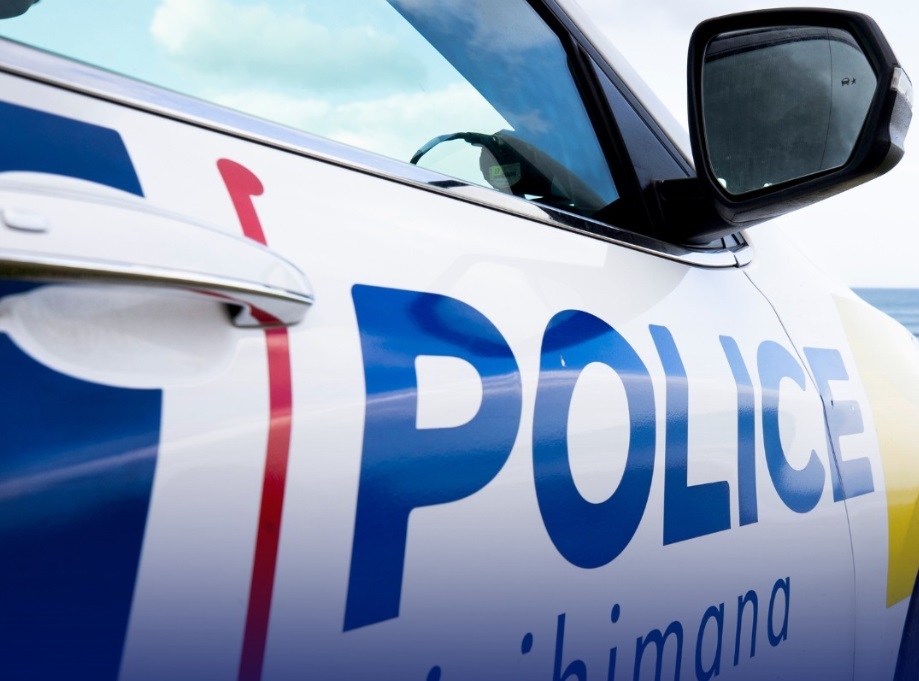|
Getting your Trinity Audio player ready...
|

Police Deputy Commissioner Tania Kura says police acknowledge the release of a report by the Independent Police Conduct Authority (IPCA) looking at the policing of public protests.
The report makes several significant recommendations.
Kura says police have worked closely with the IPCA on the review, which arose from complaints to the independent body following high profile protests over recent years.
“We’ve seen a significant change in the protest environment, aided by social media, in which these events are becoming more publicised, highly organised and, in some instances, utilising complex tactics.
“We’re now often faced with these events involving protesters, counter protesters, and activists who are present for a variety of different causes.
“These changes are a global trend which is putting more pressure on police jurisdictions around the world.”
Kura says in the last two years, police have attended and monitored at least 140 protests across the country.
They’re focused on ensuring the community has the right to protest, but balance that against upholding the law and ensuring the safety of those attending, as well as members of the public in the vicinity, she says.
The 2022 Parliamentary protest, as well as recent rallies regarding the conflict between Israel and Palestine, highlight some of the complex issues police deals with.
The IPCA report recommends several changes and police accept and agree with them in principle, Kura says.
“The most significant is the recommendation for a new stand-alone legislation which would put New Zealand in line with comparative jurisdictions such as Australia, the United Kingdom, and Canada.
“Any legislative reform would be led by the Minister of Justice.
“There are also recommendations regarding police policies, processes, and training in the public order policing area.
“Police is considering how best to respond to these, noting that our organisation has already undertaken a raft of changes following the parliamentary protests.
“Our progress and work in this area has been acknowledged by the IPCA in the report.”
There were three separate investigations into protests in Auckland which are outlined in the review, and police have responded to each of these as below.
Investigation one:
The IPCA investigated a high number of complaints regarding the police response to the Let Women Speak rally held at Albert Park in March, 2023.
The event became volatile very quickly due to behaviour by counter protesters who surrounded the rotunda when the main speaker arrived.
Police acknowledge the finding by the IPCA in relation to the protest, which says their initial risk assessment could have been better.
They also accept their response on the day when protestors surrounded the rotunda was inadequate.
Police note their staff were also dealing with a separate unrelated protest on the same day, not far from the location, alongside other operational demands which put significant pressure on officers.
The criticism of the policing of this event was not due to the fault of any individual officer but rather learnings around undertaking a better risk assessment for any future protests, ensuring they have adequate resourcing for these unpredictable events, Kura says.
“We have debriefed this matter and taken these lessons onboard.
“We also note police carried out an investigation following the event, and two counter-protesters were charged with assault.”
Investigation two:
The second investigation referenced in the IPCA report relates to the arrest of a counter-protestor during a rally in support of Palestine in November, 2023, at Aotea Square in Auckland CBD.
A man was holding an Israeli flag around 150 metres from where protesters were setting up a speaking area.
Police told the man to leave and stay away from the event to prevent a potential breach of the peace. They told the man he would be arrested if he returned.
The man left but returned without his flag, his face covered, and stood in Aotea Square while speeches took place.
He was arrested and charged with intentionally obstructing a police officer acting in the execution of his duty.
Police accept this arrest was unlawful and while the intent of the officers was to ensure the man’s safety, they accept they had no lawful basis to tell him to leave or to arrest him when he returned.
Police have spoken with the officers involved in this incident and have used this as a learning opportunity for them. The charge of obstruction was withdrawn.
Investigation three:
During the same rally in Auckland CBD in November, 2023, police came across a different counter-protester who was holding a sign which they believed had the potential to incite violence.
Police, concerned for the woman’s safety, asked her to move and put down her sign.
When she failed to comply, they moved her a short distance away and took her sign off her.
When she continued to try and re-enter the protest they arrested her for a breach of the peace.
The IPCA has found the use of force to move the woman away was unjustified and the arrest was unlawful.
While police acknowledge the IPCA’s view on this, Kura says police believe their officers were acting in the woman’s best interests to keep her safe due to their previous experience at pro-Palestine events which had turned violent very quickly.
“We do accept she should have been given her sign back when she was released by police.
“The primary role of police at these events is to ensure everyone’s safety while they protest.
“If there is a concern that someone may be harmed, police will act within the boundaries of the law to protect all individuals present.
“We recognise the delicate balance between a person’s right to peacefully protest and maintaining public order.
“Our officers are entrusted to make these decisions based on their knowledge and information available to them.”










